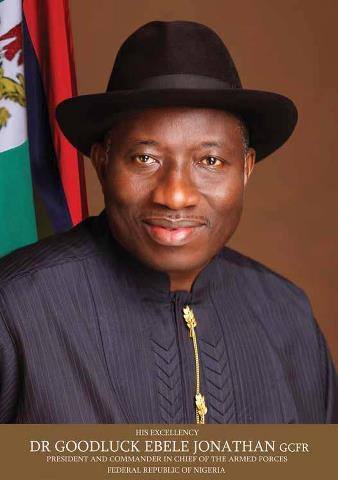By Abdul Lauya
In a historic diplomatic development, former Nigerian President Dr. Goodluck Ebele Jonathan has been appointed as the United Nations Global Crisis Envoy, a role backed by all five permanent members of the UN Security Council: the United States, United Kingdom, France, China, and Russia.
The announcement, confirmed on July 19, 2025, marks a significant elevation of Jonathan’s global profile and cements his standing as a respected voice in international diplomacy.
The appointment is widely seen as a watershed moment: Jonathan becomes the first African former Head of State to be entrusted with such a sensitive and prestigious global mandate.
He is expected to serve as a neutral interlocutor in international conflicts, lead global mediation efforts, advise on peacebuilding operations, and help coordinate crisis responses in politically fragile regions.
While details of his first assignment remain under wraps, UN sources say a formal mission brief is expected in the coming days.
The role, modeled in part after former UK Prime Minister Tony Blair’s stint as a Quartet Middle East envoy, underscores Jonathan’s long-standing reputation for peaceful leadership, democratic advocacy, and conflict resolution.
Global reactions have been largely positive. International media and diplomatic observers have praised the appointment, citing Jonathan’s steady hand during Nigeria’s turbulent political transitions and his post-presidency peace engagements across Africa.
His leadership in mediating crises in Mali, South Sudan, and The Gambia had already earned him broad continental credibility.
“This is a recognition not just of Jonathan’s diplomacy, but of Africa’s rising capacity to lead global conflict mediation efforts,” said Dr. Fatima Aboubakar, a peace and security analyst based in Dakar.
Jonathan’s political journey has long been a subject of fascination. From a university lecturer to Bayelsa State Commissioner, Deputy Governor, Governor, Vice President, Acting President, and eventually President of Nigeria, his trajectory is often cited as an exemplar of democratic succession.
Now, he transitions from leading a nation to helping stabilize the world.
As anticipation builds for his first engagement, the global diplomatic community watches closely.
With multiple conflicts unfolding across continents, from Eastern Europe to the Sahel, and from Gaza to Myanmar, Jonathan’s success in this role could help redefine Africa’s voice in global peace and security architecture.


